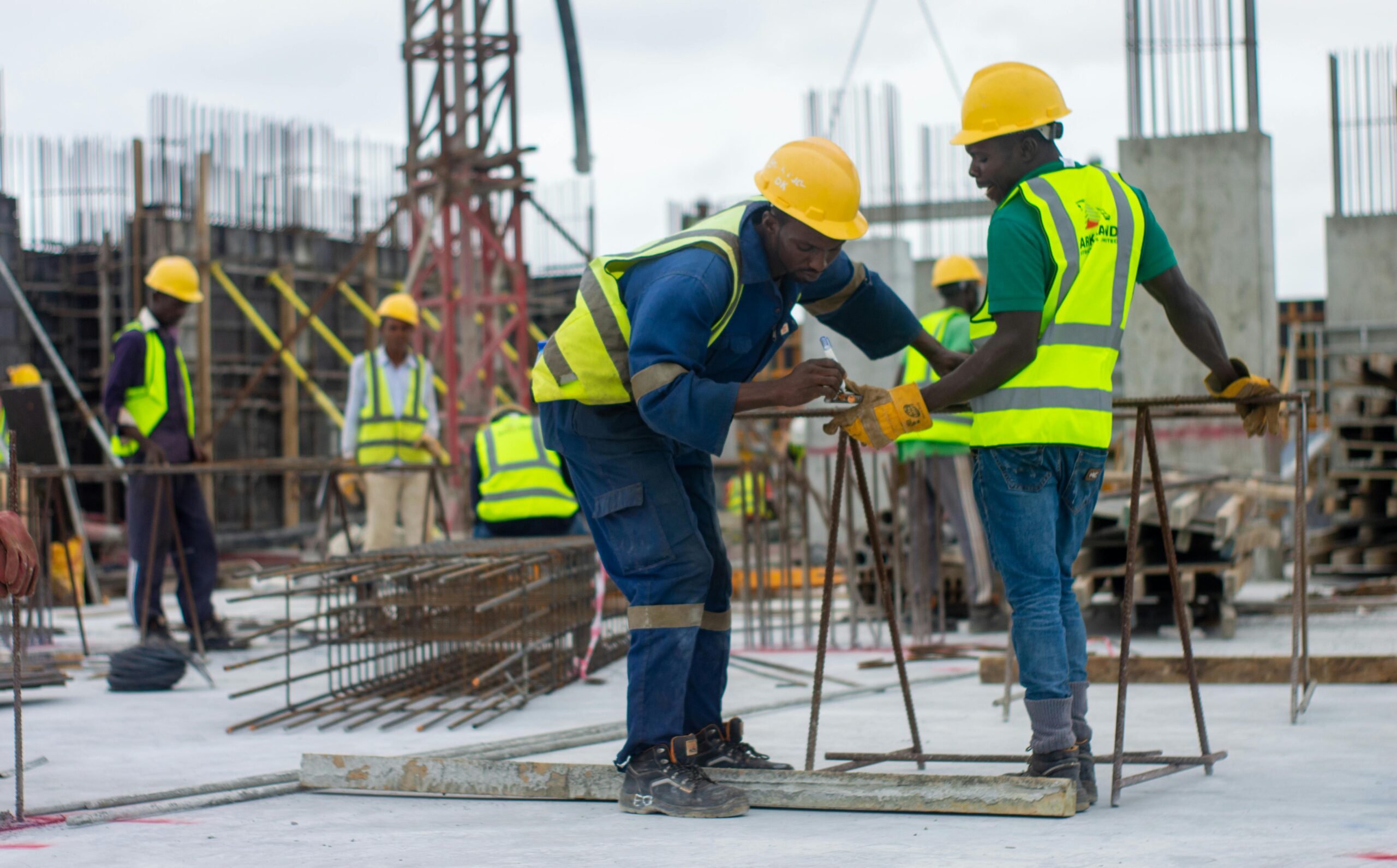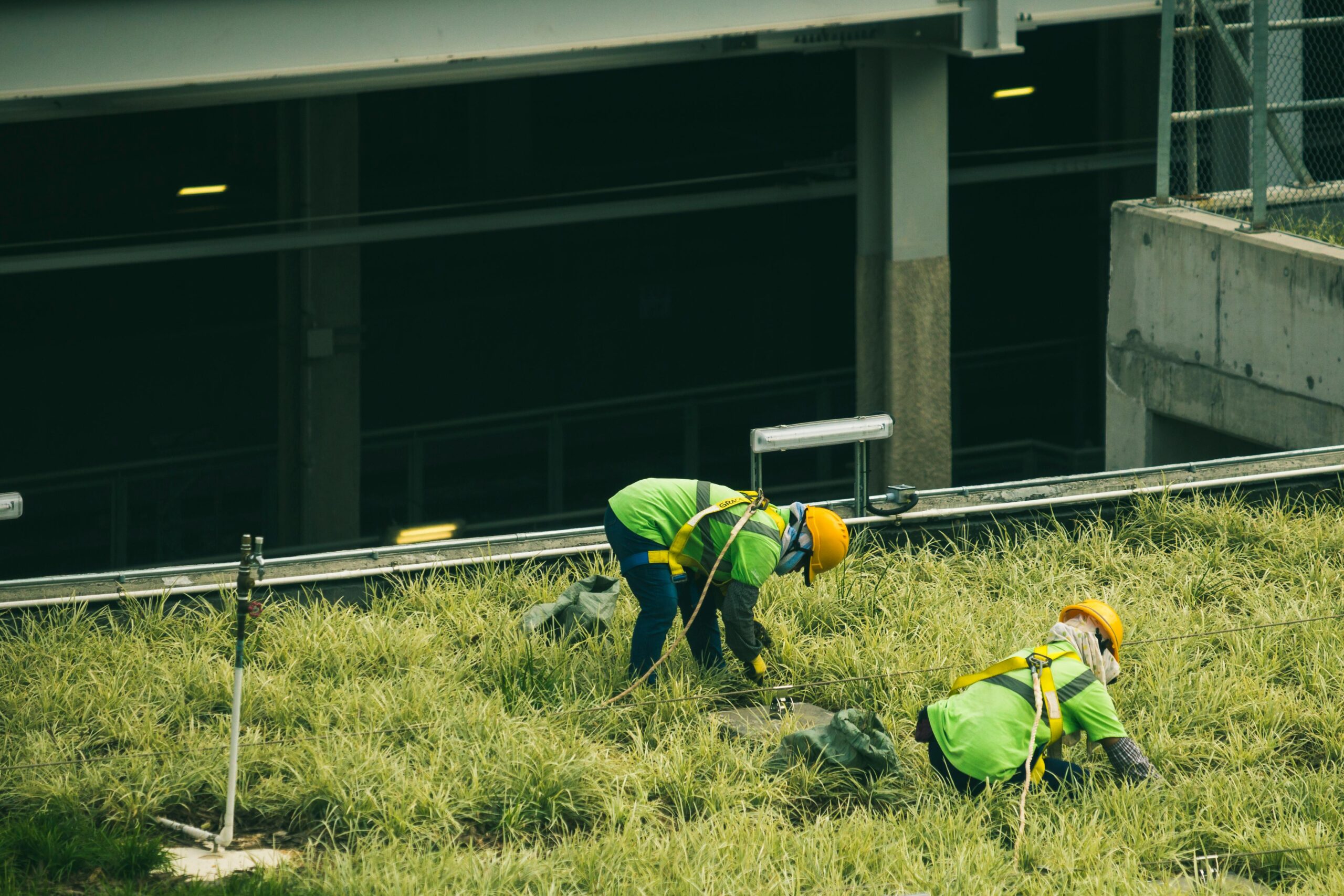Have you been looking for work in the construction industry in Canada but lack a valid work permit? Canada Work Permit may offer a path to sponsorship if you find the right employer.
[ez-toc]An Introduction to Construction Labor Jobs and Work Permits in Canada
Working in construction offers opportunities for steady employment and on-the-job training. Canada has a growing construction sector, and employers are always seeking reliable workers. However, immigration regulations require valid work authorization. The good news is that some construction companies are willing to sponsor foreign workers for low-skilled laborer roles through the Temporary Foreign Worker Program.
To begin, let’s define some key terms:
- Temporary Foreign Worker Program (TFWP) – A Canadian immigration program that allows Canadian employers to hire foreign nationals to fill temporary labor and skill shortages.
- Low-skilled occupation – Construction laborer jobs are generally considered low-skilled roles within the TFWP. These positions require on-the-job training but no formal education credentials or trade certifications.
- Labor Market Impact Assessment (LMIA) – An approval granted by Employment and Social Development Canada (ESDC) confirms that no Canadian or permanent resident is available to fill the job and that hiring a foreign worker will not damage the image of the Canadian labor market. An LMIA is required for most TFWP work permit applications.
- Open work permit – This gives holders the opportunity to work for any employer in an authorized occupation within a specified regional area or province. These permits are granted less frequently than employer-specific permits.
With an understanding of these basic concepts, let’s explore the process and requirements for construction laborer jobs sponsoring a work permit in Canada. Smooth transitions between sections will help ensure the information is logically organized for readers.
The Process for Canada Work Permit Sponsorship for Construction Laborers
The typical process for a construction employer to sponsor a foreign national for a laborer position involves several main steps:
1. Find a Willing Employer
While some larger construction firms actively recruit internationally, tapping personal networks is often the best way to land a sponsoring job. Meet with friends already working in construction in Canada to inquire about potential openings with their employers. Consider expanding your job search nationwide if relocating.
2. Ensure the Job Offer Meets LMIA Requirements
ESDC sets wage thresholds and working conditions firms must meet. Laborers generally earn above the provincial minimum wage. Check that the job ad details match LMIA criteria to streamline approval. Offers below standards may jeopardize the whole application.
3. Employer Applies for LMIA Approval
Companies complete a multi-page form outlining recruitment efforts, wages offered, and how hiring a foreign worker will not harm Canada’s economy or the job market. Processing by ESDC currently takes 4-6 months. Approvals are guaranteed for none, so employers take this step seriously.
4. Worker Applies for Work Permit
With LMIA approval in hand, the foreign job applicant uses it to apply online or via the visa application center. Biometrics and medical exams may be needed. Most permits for construction laborers are employer-specific and closed-ended, with valid work terms matching the LMIA.
5. Work Permit Is Hopefully Approved
If all documentation and qualifications are in order, an open or employer-specific work permit for Canada should be issued within standard processing times of 2-4 months. Now the applicant can enter Canada and legally begin work for the sponsoring construction company.
This covers the basic steps, but let’s examine two aspects in more depth in the following sections to ensure full understanding and address concerns readers may have.
Canada Work Permit Sponsorship Requirements for Construction Laborers
Beyond having a qualifying job offer and LMIA, foreign workers interested in construction laborer opportunities will need to meet several Canadian immigration requirements to be eligible for work permit approval under the TFWP. These include:
Valid Passport – Applicants must hold valid regular passports from visa-required countries with remaining validity meeting or exceeding the anticipated length of the impending work permit. Those without can still apply but may face delays.
Medical Exam – Most applicants will need to undergo and pass an Immigration Medical Exam arranged via visa application centers. This simply confirms being in good overall health, not a barrier if meeting basic health standards. Fees average $150-300 CAD.
Police Certificates – Often called “security checks,” foreign workers may need to provide police clearances from countries of citizenship and any other places where they have lived for over six months in the past ten years. These show no criminal history exists that would make the applicant inadmissible to Canada. Application varies by jurisdiction but usually costs $50-150 CAD.
Educational Qualifications – While trade certifications or college degrees are unnecessary for construction laborers, applicants must have the equivalent of a Canadian high school education with proof of the highest level achieved, such as transcripts or diplomas. Workers with only elementary education may struggle to qualify.
Language Proficiency – Speaking English or French is not an absolute requirement but will strengthen applications. The Common European Framework of Reference language levels of A1-C2 can be used to prove some basic communication abilities, but if this is a concern, it may pose an issue. Simply conversational skills would suffice for labor work not involving much customer interaction.
Intent to Leave Canada – By applying for a temporary work permit instead of permanent residence, foreign nationals signal they understand the limitations of the program and have a genuine intent to depart Canada once employment ends or the permit expires. Lack of ties abroad can count against approval chances.
These represent the core requirements immigration officials will assess when reviewing applications under the TFWP. Ensuring all requested documentation and meeting basic standards ensures the best prospects of obtaining the necessary work permit to legally work in Canadian construction. Let’s next look at some potential issues and questions that frequently arise.
Common Questions about Canada Work Permit Sponsorship for Construction Laborers
Any large immigration process involves uncertainties, so addressing typical queries may help calm reader concerns. Here are a few areas construction labor job-seekers overseas commonly have questions about:
Can I change employers once in Canada?
In most cases, no-work permits issued under the TFWP are employer-specific and not open. Exceptions exist, such as if the original company closes down. However, switching firms without approval risks status violation and even a ban on future Canadian visas. It’s best to obtain a new LMIA and apply afresh, like the initial process, if you truly want to work for another construction company.
What if I lose my sponsored job after arriving?
Sadly, there is no “grace period” once a sponsored job ends to search for other work – the permit also expires. Workers have 14 days to leave Canada or apply to extend their status, typically joining an open work permit program if qualified. Options are limited, so every effort must be made to retain current employment and remain in status to safely stay in Canada long-term.
Will I qualify to switch to an open work permit later?
Possibly after 12 months of authorized continuous full-time employment in Canada, foreign laborers may be eligible for an open work permit, allowing different employers. However, such permits are subject to processing backlogs and are not guaranteed even if they meet all criteria. The best approach remains securing another TFWP job offer with new LMIA sponsorship quickly if facing unemployment under current conditions.
Do I need work experience in my home country?
Prior experience helps but is not always mandatory, particularly for entry-level construction labor roles that provide training on-site. Having performed any construction, manual labor, warehouse, or landscaping duties previously can strengthen an application by demonstrating relevant skills, even if not formally qualified tradespeople. Simply a proven work history and dependability are valued by Canadian employers.
What if my language skills need improving?
Some employers may be willing to assist with English or French language training, though this cannot be guaranteed. Taking beginner online language courses independently before applying demonstrates initiative, which an LMIA approval may take into account favorably despite still developing ability. Simply conversational competency, as indicated above, is normally sufficient for TFWP construction labor jobs with an accommodating employer.
By addressing these typical queries, hopefully, readers will have a more rounded view of both the process and realities of work permits for construction labor jobs in Canada. While challenges undoubtedly exist, opportunities also await qualified candidates with determination and a thorough understanding of requirements. Let’s summarize key points before concluding.
Key Takeaways
In summary, the main considerations for foreign job-seekers interested in sponsored construction laborer work in Canada include:
- Utilizing personal networks to find willing employers actively recruiting through the TFWP
- Ensuring all qualifications like education level, language skills, and documentation are in order
- Helping the employer’s LMIA application stand out by highlighting your dependability, safety record if any, and applicable experience
- Preparing well in advance to allow the expected processing periods for LMIA approval and subsequent work permit processing
- Realizing limitations of employer-specific closed work permits and having backups if issues affecting current jobs arise
- Understanding immigration compliance expectations once in Canada to avoid status violations
- Researching all costs like medicals and police certificates to have funds prepared
- Addressing any weak areas to strengthen the overall profile presented, such as language tutoring







